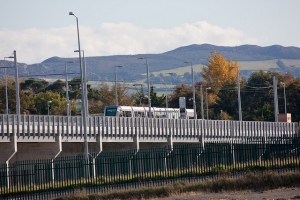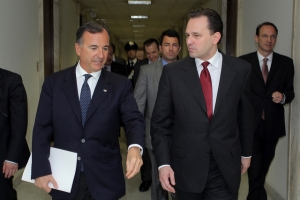Support migrant centric journalism today and donate

The European Union and the EU business community are saying that the EU needs to increase skilled immigration and harmonize immigration procedures across the 27-member bloc if it is to deal with skills shortages in the labour market.
Despite the recession, the EU had approximately 4 million unfilled vacancies last year, many in professional sectors such as in engineering, technology, and health care.
As Europe's population continues to age, fewer and fewer people of working age are available . To make matters worse science-related careers are unpopular with Europeans. This has an adverse affect on Europes ability to remain competitive in the technology and engineering sector.
Europe will need 20 million skilled immigrants over the next two decades to deal with skills shortages. Hiring overseas employees is difficult for EU companies. Typically EU Countries have tough immigration laws.
The European Commission recently proposed a directive which, if approved by the European Parliament and the European Council, would create an EU-wide policy for movement of labour across the EU for third-country migrants. However, EU countries are free to opt-out of the directive.
The directive would also aim to reduce the waiting time for a work permit from a few months or more to less than 30 days.



















